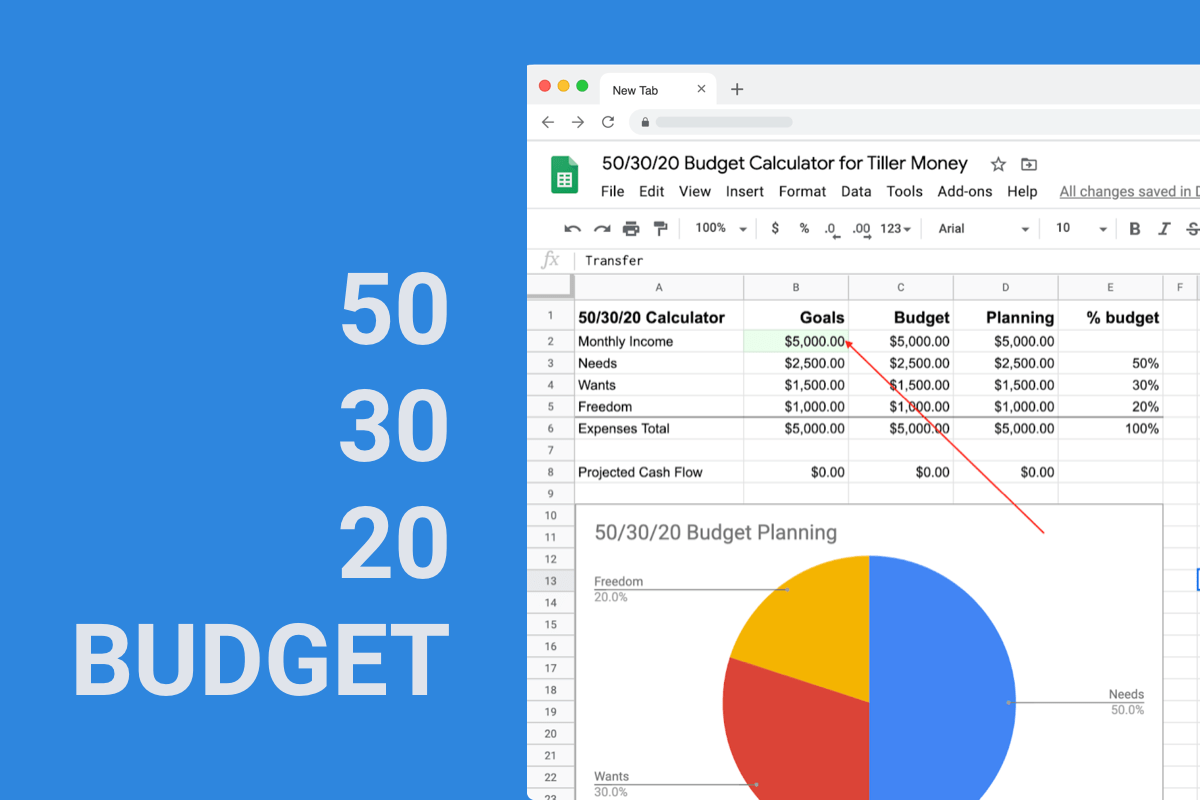Is Zero-Sum Budgeting the Right Money Solution for You?

Raise your hand if you’ve ever heard this bit of financial wisdom:
“Give every dollar a job.”
Now raise your hand if you’ve ever actually implemented it.
Bueller…
Bueller…
Bueller…
It’s okay. Most people haven’t, and a big reason why is that they’re just not sure how to do it. Today we’re going to address giving each dollar a job to better your finances through zero-sum budgeting.
What is Zero-Sum Budgeting?
Zero-sum budgeting means that every dollar of income you bring in is accounted for. When you get your paycheck, you know exactly how much is going towards food, gas, entertainment, savings, etc. When you’re done budgeting, you have no money left over.
While that might sound like a bad thing, it’s actually very positive. Let’s say you budget for all of your expenses and regular savings, but negotiated your cable and internet bill last month, so you have an extra $20. With zero-sum budgeting, you’d decide what to do with that extra twenty bucks. (Such as put it toward savings or paying off debt.)
Without a zero-sum budget, you might just let that $20 float, using it as a cushion, but it’s more likely it will get spent on something frivolous than on something that brings true value to your life.
Where did zero-sum budgeting come from?
Personal finance author Dave Ramsey popularized the idea of zero-sum budgeting:
“If you cover all your expenses during the month and have $500 leftover, you aren’t done with the budget yet. You must tell that 500 bucks where to go. If you don’t, you lose the chance to make it work for you in the areas of getting out of debt, saving for an emergency, investing, paying off the house, or growing wealth. Tell every dollar where to go.”
How to get started with a zero-sum budget.
If you’re paid the same amount every paycheck through a W-2 job, setting up a zero-sum budget should be a breeze. Before that paycheck hits your bank account, sit down and decide where every penny will be spent (or saved.)
If you are a freelancer or otherwise have a fluctuating income, a zero-sum budget is going to be a lot easier to set up if you get a month ahead with your money. If it’s May, the money you are earning now will be stowed away and given a job in June. The money you earn in June will be stashed until you allot each penny in July. And so on.
Getting a month ahead may seem difficult. However, it provides amazing peace of mind. Not only will you know that you have enough to cover your expenses, you’ll also know exactly where it’s going. That’s much better than wondering where it went.
Using Tiller to create a zero-sum budget
There are several tools to help manage a zero-sum budget. EveryDollar and YNAB both work with this method.
Tiller automates your daily spending, transactions, and balances into a spreadsheet to give you ultimate control over your budget. A Tiller Community Solution, called the Savings Budget, can be added on top of the out-of-the-box Foundation Template from Tiller if you prefer the envelope or zero-sum method. It makes zero-sum budgeting in a spreadsheet easy. You can allocate unspent funds to any other category, such as “savings” or “vacation” and quickly see how much is left in your envelope.
As a Community Solution, the Savings Budget is supported by the Tiller Community.
Four tips for successful zero-sum budgeting
- Get into the habit of tracking all of your spending. Do this at least weekly. Once you get into the habit, categorizing spending will only take a few minutes – and those minutes can transform your financial life. And over time, this will help you create more accurate budget targets.
- Budget absolutely everything. Include all categories. A category called “Misc” doesn’t work in a zero-sum budget (though it might be helpful while getting started.)
- Overestimate variable bills like fuel and utilities. If you’re fortunate enough to have unspent funds, they can rollover to the next budget period. (Or even into a different category if you’re using the Savings Budget)
- A zero-sum budget is a hands-on project – which is a good thing. Prepare to spend a little time each month updating and finessing your budget. That’s a good thing – the people with the greatest financial confidence are those most engaged with their finances.
Why you should use a zero-sum budget even if you can’t get to zero.
A zero-sum budget can be depressing if you don’t have enough to meet your monthly expenses. Why bother with this whole mess if you know you’re going to come up with a negative number after you write down your budget?
But there are a couple of reasons a zero-sum budget is advantageous in these situations.
First, you’ll know ahead of time if you aren’t making enough money. This allows you to cut back on spending throughout the month, or maybe even pick up a side hustle or extra hours to bring in extra cash.
It can also tell you when you need to ask for help so you can get back on your feet—and get that budget up to zero.











